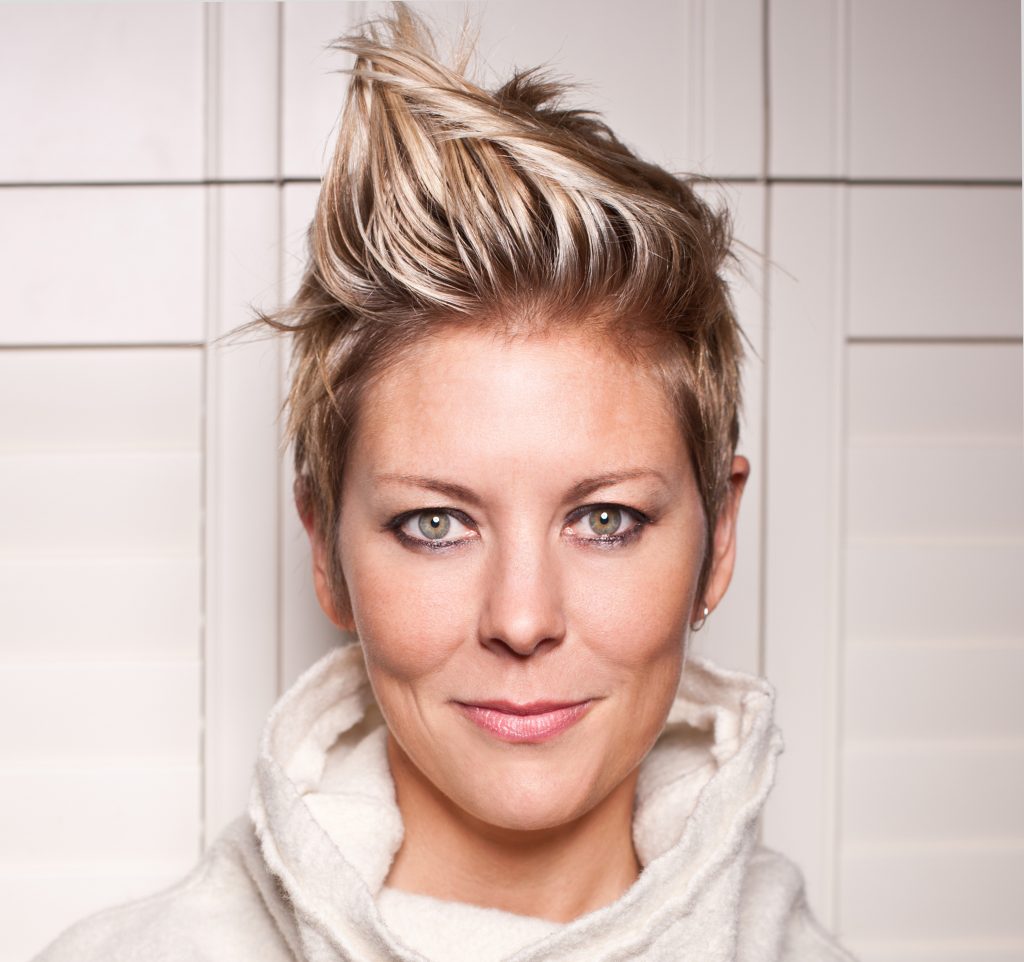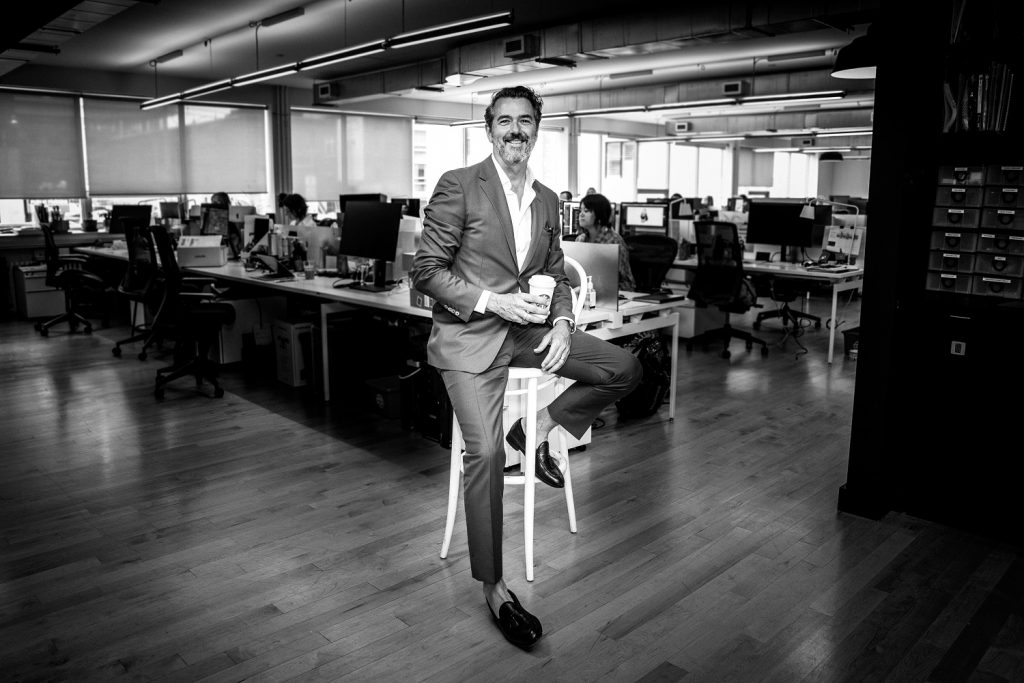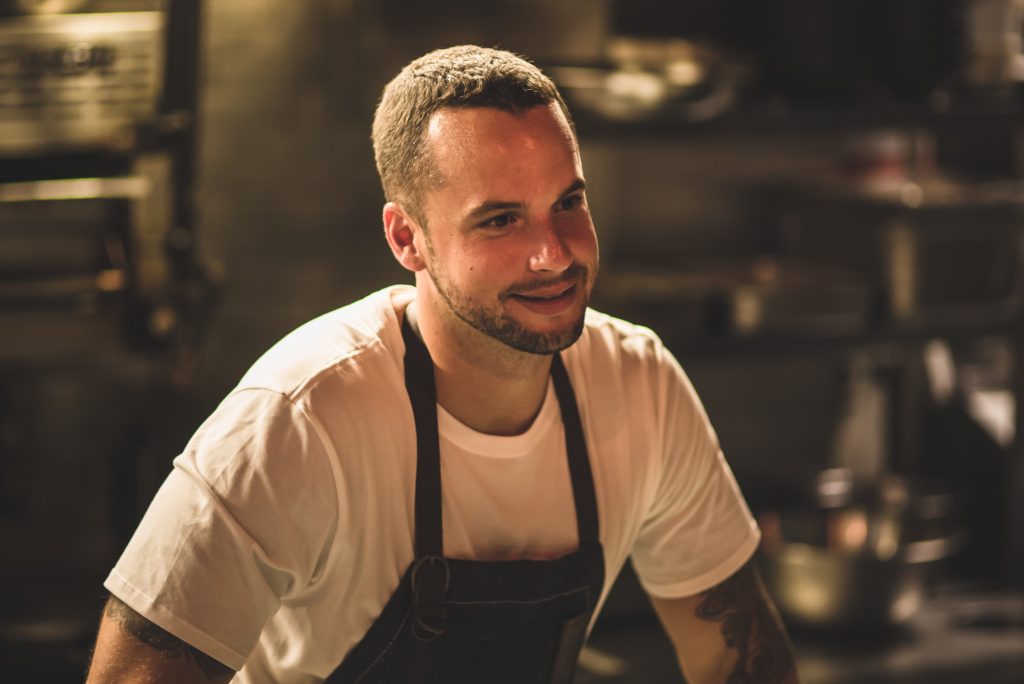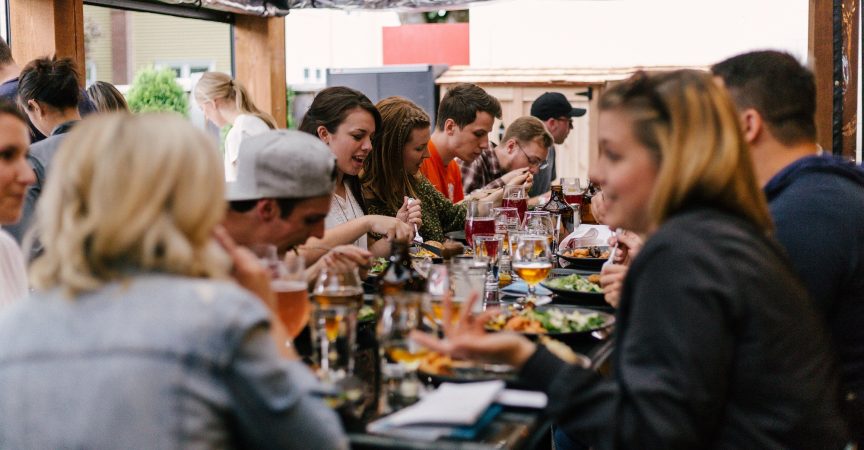Beyond the Year Ahead: Arm yourself now to prepare for the future
As restaurants and foodservice companies step boldly into the next decade, the question looms: what exactly lies ahead for restaurants? How do significant shifts in consumer interests and passions, from climate change to technology, factor into where the industry is headed?
Concepts will continue to be developed in the coming decade; think the shift of the ‘value economy’ to the ‘values economy,’ increasing diversification of the definition of what a restaurant is and much more.
To find out what awaits and how the industry can diversify to thrive well into the future, we spoke with three game-changing industry experts including Dr. Morgaine Gaye, a UK-based food futurologist who explores all areas of food trends; Joe Jackman, chief revisionist of Toronto-based design and branding agency Jackman Reinvents; and Adrian Niman, the Michelin-starred restaurant-trained chef behind The Food Dudes, a catering, restaurant, and food truck business. All three experts are speaking at Restaurant Canada’s Breakfast With Champions event being held during RC Show 2020.
How to diversify your menu for the future
Dr. Morgaine Gaye, Food Futurologist & Director, Bellwether: Food Trends
Ask Dr. Morgaine Gaye about diversification and
she’ll eschew the concept completely. “What we’ve been doing for a long time is
diversifying and that’s hedging all of your bets. Those days are gone,” she
says. “We’re in a disruptive phase now. Every single thing we think is good and
true is about to be broken: Trump as president, Brexit, economic disasters. All
of that is a bit of hedging your bets.”

For restaurants and foodservice companies, she says, some of the restaurant styles we see today may be long gone in the coming years—think restaurants with multi-page, expansive menus or formal white tablecloth dining. “That’s very stressful for people and they don’t like that,” says Gaye. “We’ll start to go to restaurants with less or no choice. You go in and ask what the menu of the day is and if you don’t want it, you leave.”
At the opposite end of diversification designed to appeal to all is personalization; it is the future. “The future involves a deeper understanding of diets and health for example. “We’ll see the integration of menu and technology. [In the future, I see] almost like a scanning device so menus that are intelligent,” says Gaye. “You will know what’s good for you from that menu.”
How to diversify your people
Joe Jackman, Founder & CEO, Jackman Reinvents
Jackman believes there are three things organizations need to consider with an eye to the future.
The first? The idea of ‘better for all.’ “All indicators show we’re witnessing the birth of the values economy which is different from the value economy,” he says, noting the values economy considers values that are important to consumers such as environmental sustainability or social justice initiatives.

Secondly, is the authentic experience. “Today we can tell real stories to connect with what consumers want today. It sounds grand but telling stories of recipe origins or unique exclusive ingredients or stories of the people that prepare food has the rich potential to create an authentic experience for consumers,” says Jackman.
The third is multi-mode, which points to the different forms foodservice and restaurants will take. “We’re seeing restaurants that don’t have a front of house. They’re built for delivery. The real estate is cheaper and there are businesses at the forefront thinking: what is the proposition and experience we offer?” says Jackman. “We’re just at the beginning of businesses figuring that out.”
All of this helps clarify the vision a business is shaping up to be. “The bedrock is always: which customers are you focused on? What do they really care about? Who are you to them? Every business needs to get really sharp and clear on this,” says Jackman.
This in turn factors into marketing and branding the foodservice companies and restaurants of the future. “I’m most excited about brands giving over their marketing to customers and tapping into this notion of people connecting with brands on a deeper basis,” says Jackman, pointing to how fitness wear company Lululemon relates to its consumers as an example. “The more brands let go of their marketing and give it over to their customer community, the more power they put in their hands. If you think about the rise of user-generated content, that’s effectively what’s happening. It’s not push marketing. It’s seed marketing. Things that catch people’s attention mean something to them.”
How to diversify your business
Adrian Niman, Founder & Executive Chef, The Food Dudes
When Adrian Niman returned to Canada from
Europe, he wasn’t sure what he’d returned to. “When I launched Food Dudes, I
felt at the time that the event industry was very tired and worn out,” he says.

Today, The Food Dudes is the name behind a different structure of foodservice/restaurant business—its three pillars include catering, several restaurants and a food truck division. “I always knew Food Dudes was going to be more than just a catering business. We’re in the events business, edibles business, the restaurant business, and more.”
When considering how to diversify your business, Niman suggests firming up your goals first. “Are you looking for something with a controllable lifestyle? Are you wanting to do something you’re passionate about, but don’t have the aspirations of growing a multi-million-dollar business?” he says. “If that’s the case, you can open a restaurant as the head chef or general manager, take a good salary and make an additional $75,000-$100,000 as an owner,” he says. “But if you want to expand and grow and develop your brand, you really don’t have a choice but to keep diversifying yourself.”
For Niman, branching out also came from tapping into those around him. “I wouldn’t have been able to open the restaurants and businesses I’ve opened unless I had certain chefs I was working with say to me ‘I want to focus my efforts on a restaurant,’” he says. “If I didn’t continue to grow and open up another place—and listen to my staff—then I may not have kept
growing. You’re only one person so I always encourage growing when you have a team to do so.”
In turn, he encourages the industry to truly embrace diversification as it moves into 2020 and the decade beyond. “It’s key in any business venture, especially the hospitality industry,” he says. “Food trends change constantly and by having different offerings for your clients and employees, it naturally allows you to grow.” After all, he says, the industry tends not to adapt fast enough. “Chefs are hardheaded and stuck in their ways. ‘If it is not broken why fix it approach’ is not good enough anymore,” he says.
Yet, it’s a careful balance, since growing too fast could put your core business in jeopardy. “When you have created standardized systems for your employees, it allows you the freedom and time to diversify other business opportunities,” he says. “That said, it’s important to stay within one industry even while diversifying.”
Looking ahead, for foodservice and hospitality, he sees diversification coming from focusing heavily on the quick service industry. “Every week you see a fine-dining or sit-down restaurant shutting down,” he says. “There’s so much competition and as these bigger restaurant groups build, it’s hard to compete with them.”
In the end, whether it’s finding inspiration to diversify your business from those working around you or focusing more on the personal, more direct and intimate experience for the diner, one thing is clear: as the industry moves ahead, it will thrive on change. To get a head start on the new decade, be sure to secure your spot for this year’s Breakfast With Champions taking place March 3, 2020, in Heritage Court, Enercare Centre, Toronto.









